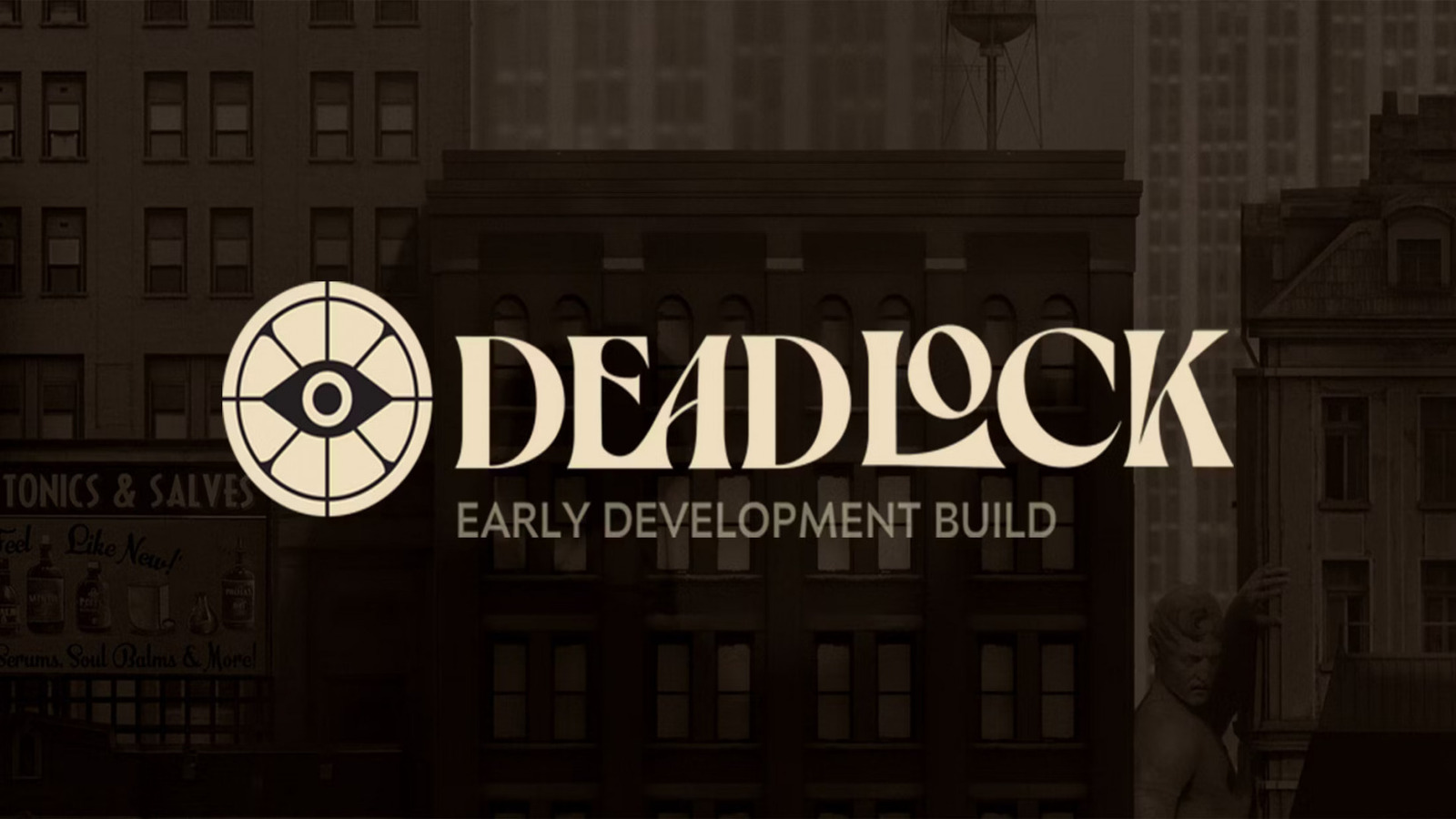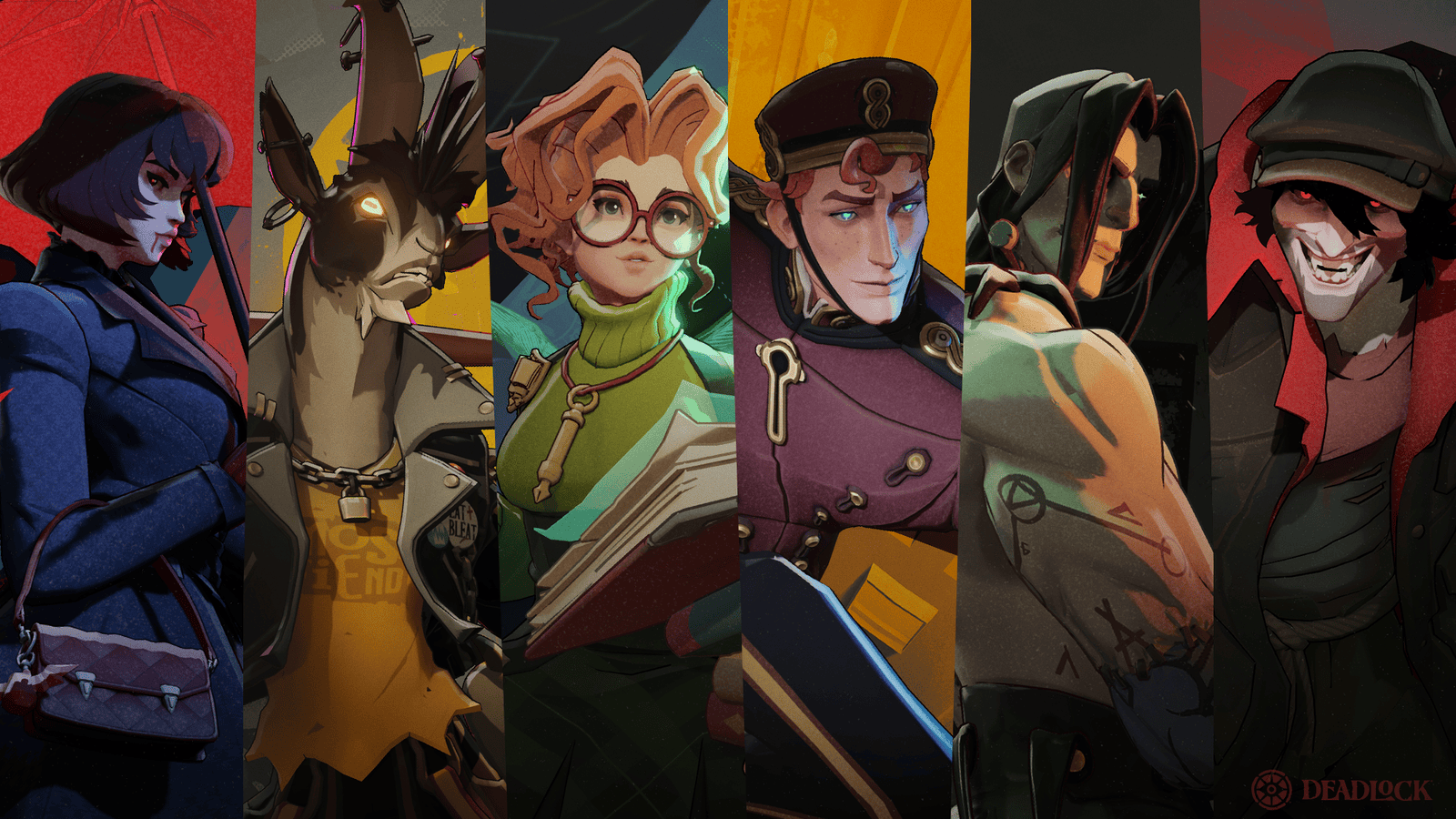
Symphony of War: The Nephilim Saga
$0.69
-96%
170,000+ games · 50+ stores · PC, Xbox, PlayStation & Nintendo
Unofficial Keyshops:
Currency:
USD
English
Sign in to track your wishlist, get deal alerts, and see recommendations tailored to your platforms.
Sign inCreate a free account and unlock the full power of Gamers Unchained.
Frequently Asked Questions
Gamers Unchained is a platform dedicated to helping gamers find the best deals on PC video games. We track discounts from various sources, including Steam and other digital storefronts, ensuring you never miss a great deal.
We aggregate game prices from multiple sources and highlight the best discounts available. Simply browse our site to find the latest deals on your favorite PC games.
Yes! Our platform is completely free to use. We aim to help gamers save money without any hidden fees or subscriptions.
No, we do not sell games ourselves. We provide links to trusted retailers where you can purchase games at discounted prices.
Our deals are updated regularly to reflect the latest discounts and sales. Check back often to find new deals.
We are working on features that will allow users to set up deal alerts for specific games. Stay tuned for updates!
While we feature many Steam sales, we also track discounts from other PC gaming platforms, including Epic Games Store, GOG, and more.
Some discounts may vary based on your region. We recommend checking the store’s official website for exact pricing in your country.
You can support us by spreading the word, sharing deals with friends, and following us on social media. Some of our links may also be affiliate links, which means we earn a small commission at no extra cost to you.
This website uses cookies to enhance your browsing experience, analyze site traffic, and personalize content. By using this site, you agree to the use of cookies.
Unofficial Keyshops:
Enabled

In case you live under a rock, Valve has a new game in the works. This is the same company that gave us Half-Life, Portal, Counter-Strike: Global Offensive, and Dota 2. The title in question is Deadlock, a third-person free-to-play hero shooter that fuses MOBA elements with fast-paced tactical combat. Personally, I think this is one of the most promising upcoming games in the genre, and it has the potential to be a breakout hit.
On the surface, Deadlock shares DNA with games we already know. It is a 6v6 hero shooter with unique characters, abilities, and lanes to control. But make no mistake, this is not just another Overwatch 2 clone. Deadlock brings a very different flavor to the table, blending elements that you would not normally expect to see in a shooter. That is what makes it so intriguing.
Players command heroes with distinct playstyles, supported by NPC units that automatically march down three lanes. These units encounter structures and guardians along the way, creating natural battle points that become the stage for clashes between the two teams. The result is a mix of traditional shooter action with the layered strategy of a MOBA. You are not only aiming and firing at opponents but also thinking about positioning, timing, and overall map control. That extra layer of decision-making gives Deadlock a rhythm that feels distinct from most hero shooters currently on the market.
Mobility is also a huge factor in how matches play out. Deadlock includes ziplines, double jumps, and fans that let you zip across the battlefield in ways that feel fast and fluid. Matches never feel like you are trudging from one end of the map to another. Instead, they have a flow that constantly shifts depending on which team controls which lanes and when players decide to regroup for a push. Even as someone who has never fully clicked with MOBAs and does not always gravitate toward shooters, I found this mix surprisingly compelling and fun to watch unfold.
One of the reasons I am so optimistic about Deadlock is Valve’s history. Team Fortress 2 has been supported for well over a decade and still has a dedicated player base. Dota 2 remains one of the most played games on Steam, consistently drawing in players and receiving regular balance tweaks, events, and new heroes. Valve may move at its own pace, but when the company commits, it tends to deliver for the long haul.

That is why I think Deadlock has a real shot at not just launching strong, but sticking around for years. Valve has the infrastructure, the experience, and the willingness to listen to its community. In fact, the game has already seen major changes during testing. Early builds featured four lanes, but the developers scaled back to three in order to make gameplay tighter and more engaging. The in-game shop system has been overhauled, the hero roster has expanded, and the art style has evolved from placeholders into something that looks sharp and polished. These adjustments show that Valve is listening to feedback and taking it seriously.
What excites me most about Deadlock so far is the roster of heroes. Valve has always excelled at creating characters that feel unique, memorable, and fun to play. From what has been shown, Deadlock is no different. Where other hero shooters tend to stick with basic archetypes — soldiers with rifles, healers with beams, tanks with shields — Deadlock is not afraid to get weird. Abilities feel experimental and inventive, opening the door for unexpected strategies and memorable plays. That creativity goes a long way in a game like this, because the roster is what keeps players invested long after the novelty of the new game wears off.
Deadlock also feels tailor-made for the competitive scene. The 6v6 format hits a sweet spot. It is large enough that teamwork and coordination matter, but small enough that individual skill and creativity can shine. Add in the MOBA-style lanes, objectives, and NPC units, and you have a formula that naturally creates high-stakes moments. I can already imagine matches that go back and forth as one team desperately tries to hold onto control of a lane while the other pushes through with a coordinated assault. If Valve leans into this aspect and invests in the right competitive infrastructure, I would not be surprised to see Deadlock find its place in esports.
Of course, nothing is guaranteed. The hero shooter genre is crowded, and it is difficult to maintain momentum without consistent updates. Plenty of games have launched with hype and fizzled out within a year. Deadlock will need regular content, balanced progression systems, and meaningful community engagement to survive long-term. The difference here is that Valve has the resources and the track record to make that happen. If any developer is capable of keeping a game like this alive for a decade or more, it is Valve.
What excites me the most about Deadlock, though, is how much it feels like a Valve game. It is ambitious, playful, and not afraid to experiment. It does not feel like a soulless attempt to cash in on a popular genre. Instead, it feels like Valve is trying to push the boundaries of what a hero shooter can be. The fact that Deadlock is already generating buzz while still in limited testing is a sign that the formula is resonating with players, and that is not something you can manufacture.
This article was curated from external sources. Originally reported by MMOBOMB, summarized by Gamers Unchained. All trademarks belong to their respective owners.
Want more gaming coverage? Explore our latest guides like Best Co-Op Games Under $20 or check today’s game deals!
Jan 18, 2025